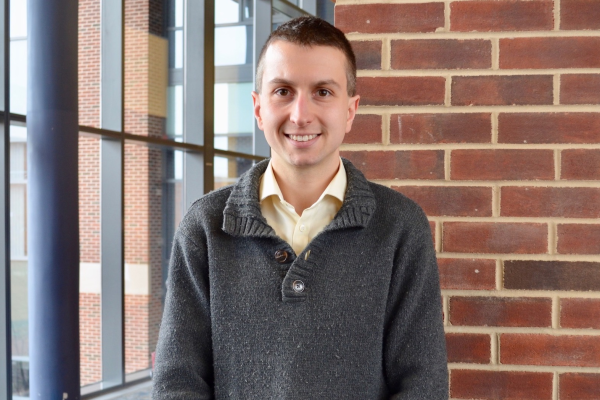
Seminar Title: Electron Transfer in Organic Synthesis: Electrochemical Dehydration
and Radical-Migration-Mediated Olefin Difunctionalization
Abstract: Research in the Nacsa Group at Penn State University uses electron transfer as the basis to design new methods in organic synthesis, primarily for applications in pharmaceutical discovery and manufacturing. Our lab generally works in two areas. The first has developed catalytic approaches to important dehydration reactions such as the synthesis of amides and esters from carboxylic acids and the nucleophilic substitution of alcohols. These transformations are workhorse operations in pharmaceutical research, but owing to the wasteful reagents overwhelmingly used to accomplish them, companies have long called for improved methods that would avoid this waste. We have identified an electrochemical solution to this problem, wherein a sulfur-based catalyst drives dehydration reactions of carboxylic acids including esterification and amidation under mild conditions. Our second area of research has developed olefin difunctionalization reactions, including alkyl–arylation and amino–arylation, for the rapid synthesis of complex pharmaceutical intermediates and products. By using sulfonyl reagents to add two groups to the alkene in a fully open-shell cascade featuring an intramolecular migration, several synthetic advantages over previous approaches to these powerful transformations are enabled.
